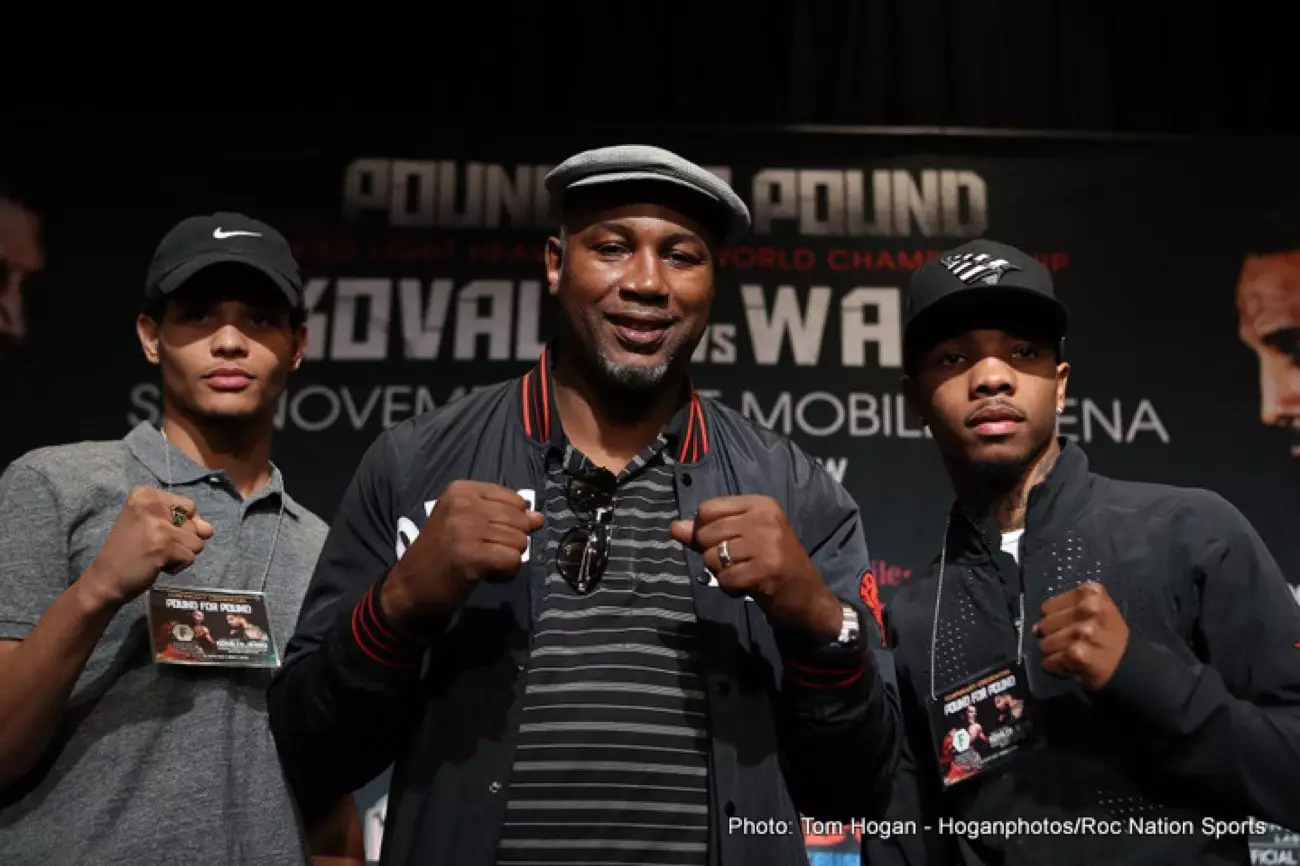The world of boxing has long been characterized by fierce competition, dramatic rivalries, and unforgettable bouts that have contributed to the rich history of the sport. One such rivalry that has captivated fans for decades and marked a pivotal moment in heavyweight boxing is the saga of Lennox Lewis and Evander Holyfield. Their rematch in 1999, dubbed “Unfinished Business,” not only highlighted the turbulence within boxing but also solidified the legacies of two of the sport’s greatest fighters.
The backdrop to this epic rematch was the tumult that surrounded their first encounter in March of 1999. That fight ended in a controversial draw, despite the consensus from fans and analysts who believed Lewis had convincingly won. The outcome sparked an outrage, leading many to suspect corruption in the scoring process. Promoter Don King, well-known in boxing circles, faced the brunt of the criticism, with accusations flying about potential bias. However, the real issue lay in the officiating, where two of the three judges failed to reflect the fight’s reality, allowing both combatants to retain their claims to the heavyweight crown.
Thus, anticipation grew for the rematch, as boxing enthusiasts eagerly awaited a definitive conclusion to what many perceived as an incomplete rivalry. The stage was set for a clash not just of skill but of wills, with both athletes eager to prove themselves as the rightful champion.
The highly-anticipated rematch took place in Las Vegas, a city synonymous with boxing’s biggest events. Lewis, at 34 years of age, was considered to be in his prime, boasting an impressive record of 34 wins, 1 loss, and 1 draw, with a staggering 27 knockouts to his name. In contrast, Holyfield, who was 37 years old, carried a record of 36 wins, 3 losses, and 1 draw, with 25 knockouts. The fight promised drama, excitement, and perhaps even a sense of finality.
What unfolded was a competitive encounter, though paradoxically more closely contested than their first bout. Holyfield, renowned for his resilience and fighting spirit, started slowly, dropping the early rounds to a cautious Lewis. However, as the fight progressed into the middle rounds, Holyfield showcased his trademark tenacity, rallying back to win crucial points. This ebb and flow added a layer of complexity to the bout, illustrating both boxers’ adaptability.
Round seven emerged as a highlight, encapsulating the intense back-and-forth nature of the fight. Lewis, perhaps expected to pursue a stoppage, displayed restraint, allowing Holyfield to capitalize on opportunities. In the later rounds, Lewis regained control, edging the judges with the more impactful shots, leading to yet another tense decision.
The fight concluded with a unanimous decision in favor of Lewis, who secured scores of 117-111, 116-112, and 115-113. However, the outcome elicited mixed reactions from the boxing fraternity. While Lewis celebrated his newfound status as the undisputed heavyweight champion, Holyfield’s performance left many pondering the legacy of both fighters. British journalist Colin Hart, among others, scored the fight in favor of Holyfield, reinforcing the notion that in boxing, perceptions can be as contentious as the results.
With the rematch behind them, both fighters continued their careers, embodying the resilience and evolution of boxing. Lewis successfully defended his title on three occasions before facing an unexpected loss to Hasim Rahman, only to exact revenge shortly thereafter. Meanwhile, Holyfield, undeterred by his defeat, claimed the WBA title later, becoming the first-ever four-time heavyweight champion.
As time has passed, the question of who holds the greater legacy between Lewis and Holyfield has sparked fervent debate among fans and analysts alike. Lewis exited the ring with a commendable record of 41 wins, 2 losses, and 1 draw, while Holyfield ended his storied career at 44 wins, 10 losses, and 2 draws. Ultimately, both fighters innovated the heavyweight division, bringing distinct styles and personalities that enriched the sport.
In retrospect, the rematch served not just as a conclusive chapter in their rivalry but as a significant moment in boxing history, underscoring themes of redemption, perseverance, and the ongoing quest for greatness within the ring. The encounter has since become a cornerstone of discussion for those who revere the sport, ensuring that the legacies of Lennox Lewis and Evander Holyfield endure, echoing through generations of boxing enthusiasts.

